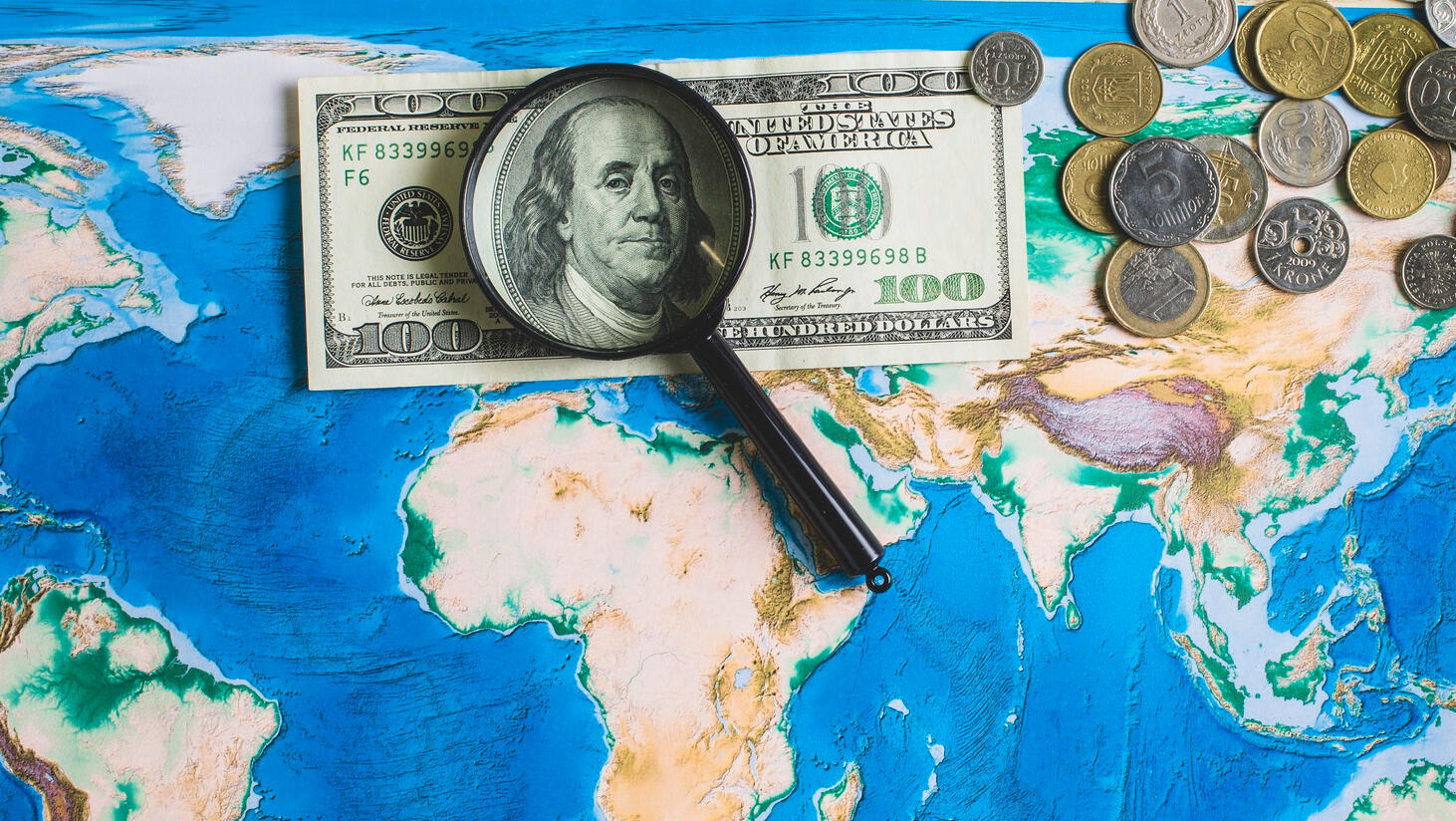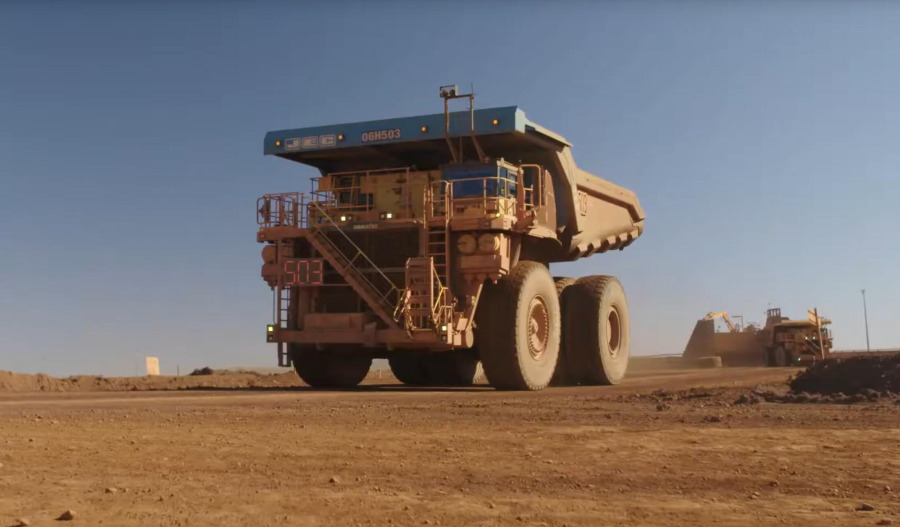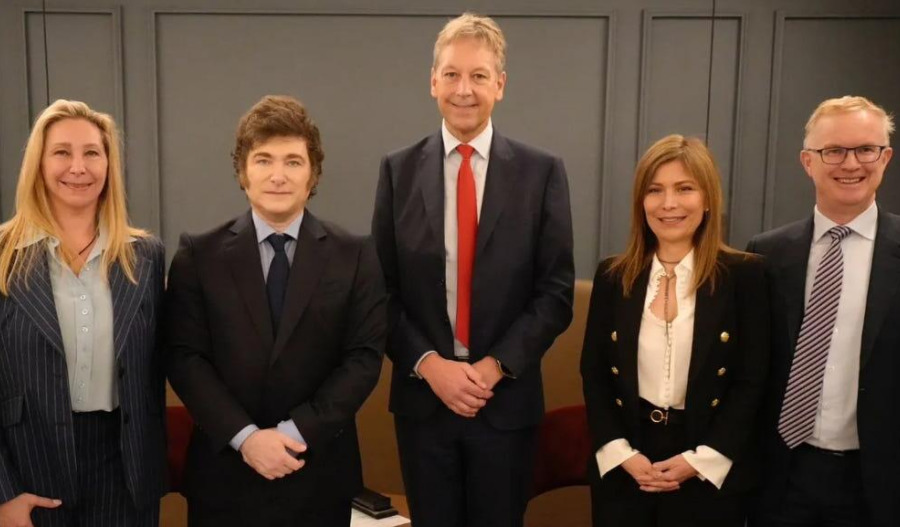The global pursuit of critical minerals is accelerating and is now a central focus of competition between nations to control the materials required for modern technologies. It's nothing new, yet increasingly, government policies are shifting from letting market forces raise the capital to direct financial intervention, using sovereign wealth funds (SWF) to build supply chains independent of China.
The Middle Kingdom has monopolised the production, refinement and manufacturing of copper, nickel, lithium, rare earths and more into advanced tech for crucial industries such as defence and automaking.
Corporations like China-backed Zijin Mining have catapulted to the top of a sector long dominated by the likes of BHP (ASX: BHP) and Rio Tinto (ASX: RIO).
Those at the top, backed by SWFs, will influence the global green energy transition and determine our future economic and national security.
Government equity stakes
The financial scale and strategic execution of companies like Zijin present a significant challenge to Western efforts to diversify supply chains.
Frugality is no longer the accepted policy in Washington, and the Trump administration has put its chips on the table.
Back in February, President Trump signed Executive Order 14196, directing Treasury Secretary Scott Bessent and Commerce Secretary nominee Howard Lutnick to develop a plan within 90 days for creating America's first federal sovereign wealth fund.
"We're going to create a lot of wealth for the fund, and I think it's about time this country had a sovereign wealth fund," Trump told reporters in the Oval Office.
It hasn't taken long since, and this week's proposal for the White House to take a 10% share of Lithium Americas (NYSE: LAC) to back its Thacker Pass project in Nevada drew significant attention, with shares rocketing 95% on the news.
That's the second government equity stake in as many months, after the U.S. Department of Defense poured US$400 million into rare earths producer MP Materials (MP: NYSE) to help galvanise government efforts to materialise a domestic supply chain outside of China’s influence.
Typically, sovereign wealth funds are funded from surpluses generated by natural resource sales, yet Washington runs a massive budget deficit - $1.15 trillion for FY25, with total national debt exceeding $36.2 trillion.
Instead, it's toying with the idea of a US$5 billion joint venture between the U.S. International Development Finance Corporation and private investment firm Orion Resource Partners, in what would be America's most significant foray into strategic mining dealmaking.
The proposed US fund would require congressional appropriations, given the country's budget deficit position
Zijin's expansion
Over the past decade or so, while Western governments were working to build new supply chains through business incentives, Zijin expanded through a series of acquisitions to become a global miner.
This week, Zijin became the world’s third-most-valuable mining company with a market capitalisation north of US$100 billion.
Propelled by high gold and copper prices, the company that started as a local mine in China now has mining operations across 16 countries.
Previously seen as a Tier 2 miner, Zijin now operates at a scale comparable to established industry leaders, a shift demonstrating the changing balance of power in global resources away from the West.
It's been busy with a strategic global expansion, including the recent US$1.2 billion acquisition of a gold mine in Kazakhstan and a US$1 billion purchase of Ghana's Ayken gold operation.
Now, after increasing its production run rate, Zijin is spinning off its international gold unit for a large IPO in Hong Kong, a move attracting cornerstone investors like Singapore’s sovereign wealth fund GIC and BlackRock.
Sovereign wealth elsewhere
Other resourceful sovereign wealth funds, including Saudi Arabia and the UAE, have emerged as sophisticated players in this space.
They've leveraged their oil wealth to create massive SWFs to secure strategic positions in global critical minerals supply chains.
Saudi Arabia's Public Investment Fund, through its Manara Minerals joint venture with Ma'aden, has committed US$25-30 billion to international mining projects over the next decade, including a 10% stake in Brazilian mining giant Vale's copper and nickel operations.
The UAE has taken a more aggressive approach, with Abu Dhabi's sovereign wealth funds acquiring controlling positions in African mining assets.
International Resources Holdings' $1.1 billion acquisition of Zambia's Mopani Copper Mines signals the Emirates' willingness to compete directly with Chinese state-backed firms.
Additionally, ADQ's $1.2 billion joint venture with Orion Resource Partners demonstrates the Gulf states' sophisticated approach to international mining finance.
Saudi Arabia's strategy is particularly noteworthy, as the kingdom announced $15 billion in global mining stakes to secure minerals from Africa while building domestic processing capabilities to support its goal of producing 500,000 EVs annually by 2030.



